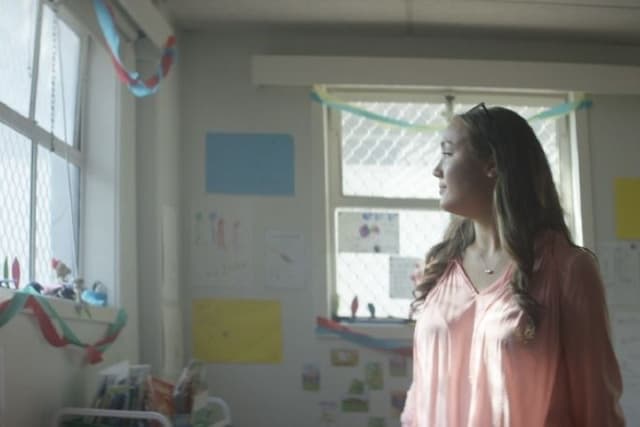
Aspire Generation - Examining Local Media to Identify Community Issues
Lesson4 of 12 in this unit
SecondaryYear 9 - 10EnglishText AnalysisSocialEqualitySocial Action
Summary
Lesson Guides and Printables
Lesson Plan

Student Worksheet

Teacher Content Info
